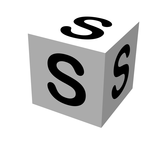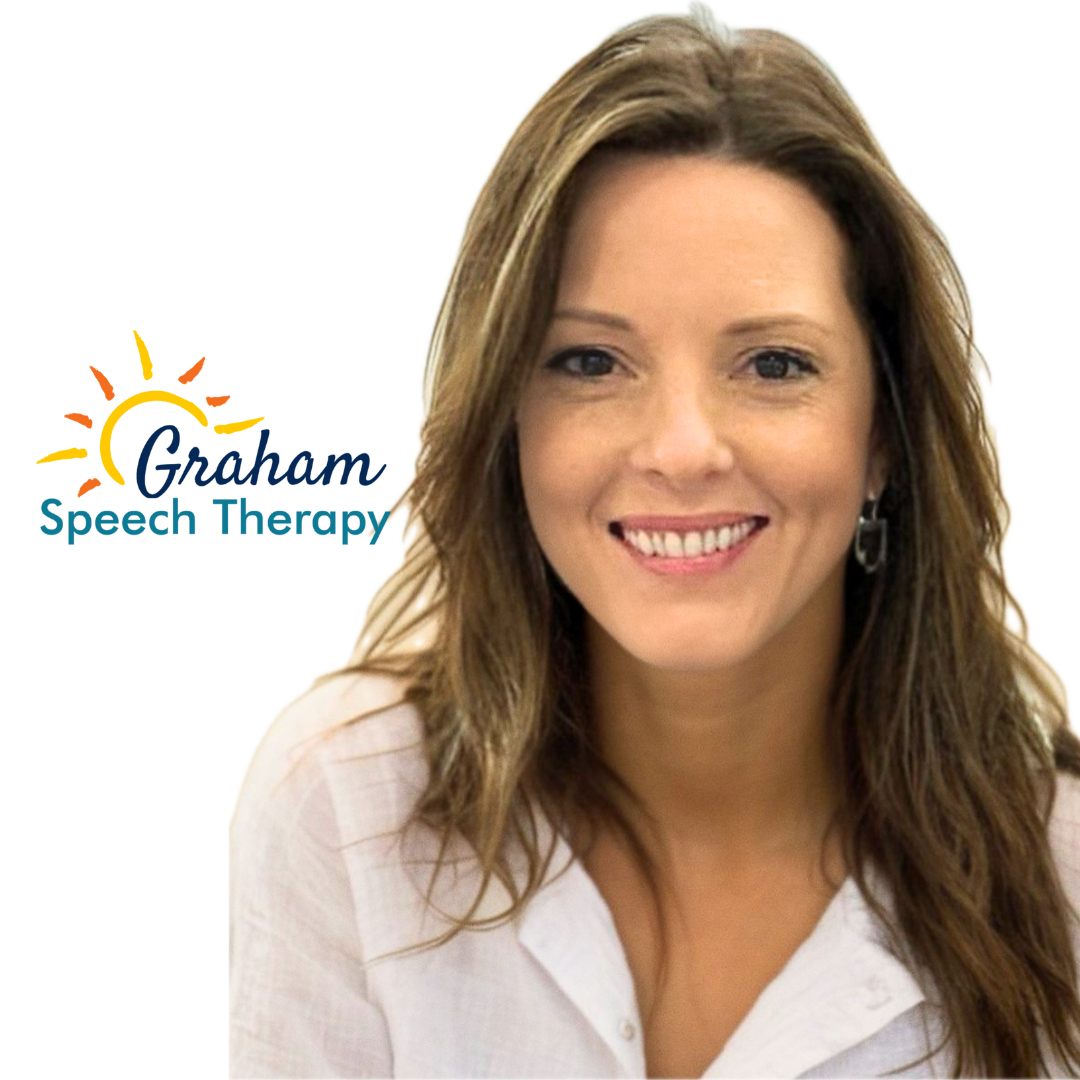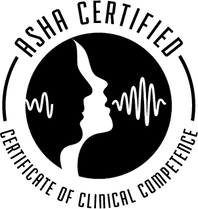|
Well, yes and no.... While It is a perfectly normal developmental phase for some (though, not all) children to produce a FRONTAL LISP of /s/ and /z/ sounds until they are about 4½ years of age.... a LATERAL LISP is NEVER considered to be part of typical speech development.  So, what's the difference between these "types" of lisps? A frontal lisp occurs when the tongue either protrudes between, or touches, the front teeth and the sound produced is more like a /th/ sound than a /s/ or /z/. A lateral lisp occurs when the air escapes over the sides of the tongue and into the cheeks.... this can occur on several sounds, /s/, /z/, /sh/, /ch/ /zh/, and /dj/. So, at what age should I be concerned with my child's lisp? For a frontal lisp, I recommend a speech evaluation at around age 5 and before baby teeth have fallen out. In my experience, this is typically an ideal age for correction of this speech impediment and speech therapy is often successful within a shorter period of time. But, there are also several other things to consider...
If a frontal lisp is present and you also have concerns with some of the above mentioned areas, then I recommend a speech evaluation even earlier. These behaviors can indicate the presence of other issues (i.e., hearing impairment, tongue tie, nasal cavity obstruction, tongue thrust, low muscle tone, etc,) and an evaluation by a licensed/certified Speech Language Pathologist can help identify these areas of concern. For a lateral lisp, a speech evaluation and therapy should be sought at the earliest age. A person with a lateral lisp will likely not be able to self-correct on their own and will not grow out of it. A "wait-and-see" approach will not only be ineffective, but establish the habit of incorrect production, which can be more difficult to correct later on. I'm an adult who has a lisp... is it too late for me to change it? No... absolutely not! Though some adults have no desire to seek therapy and are happy to accept their speech the way it is, I have worked with many adolescents and adults who, when highly motivated, have successfully corrected their lisps over a relatively short period of time with speech therapy. Is speech therapy effective for lisps? As a Speech Language Pathologist for 18 years, I have to say that working with children and adults to correct a lisp is just about my favorite thing. I see quick progress with most of my clients and speech therapy is often successful within a short period of time. If you have more questions about lisps or would like to schedule an evaluation, give me a call! 719-888-9555. I can help.
6 Comments
|
|




 RSS Feed
RSS Feed
